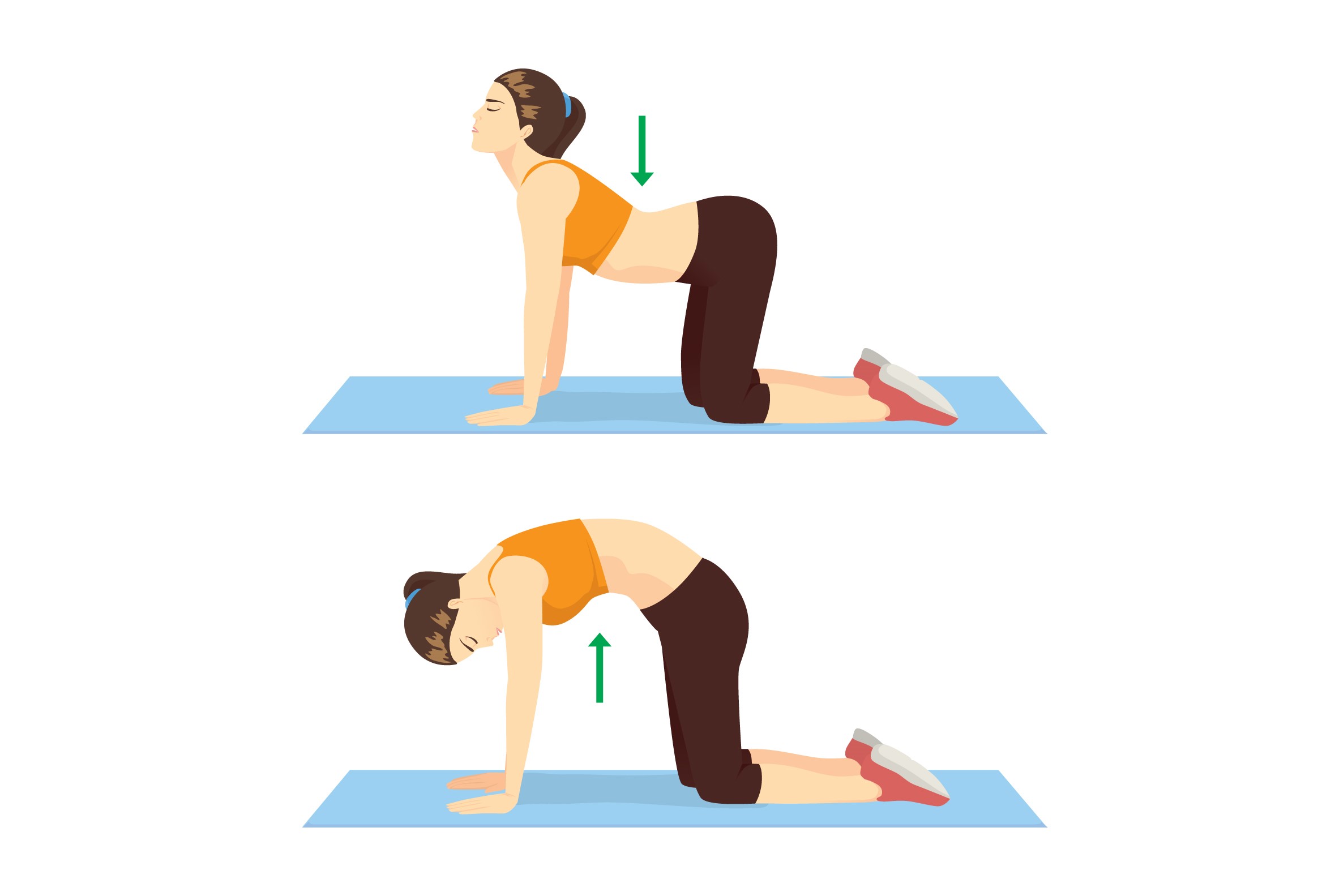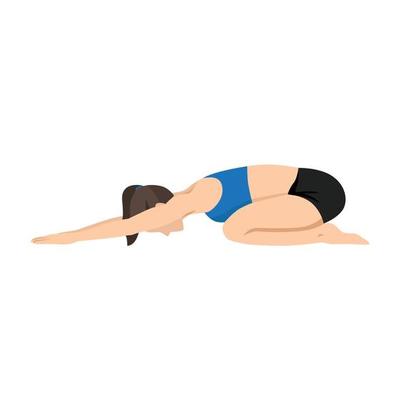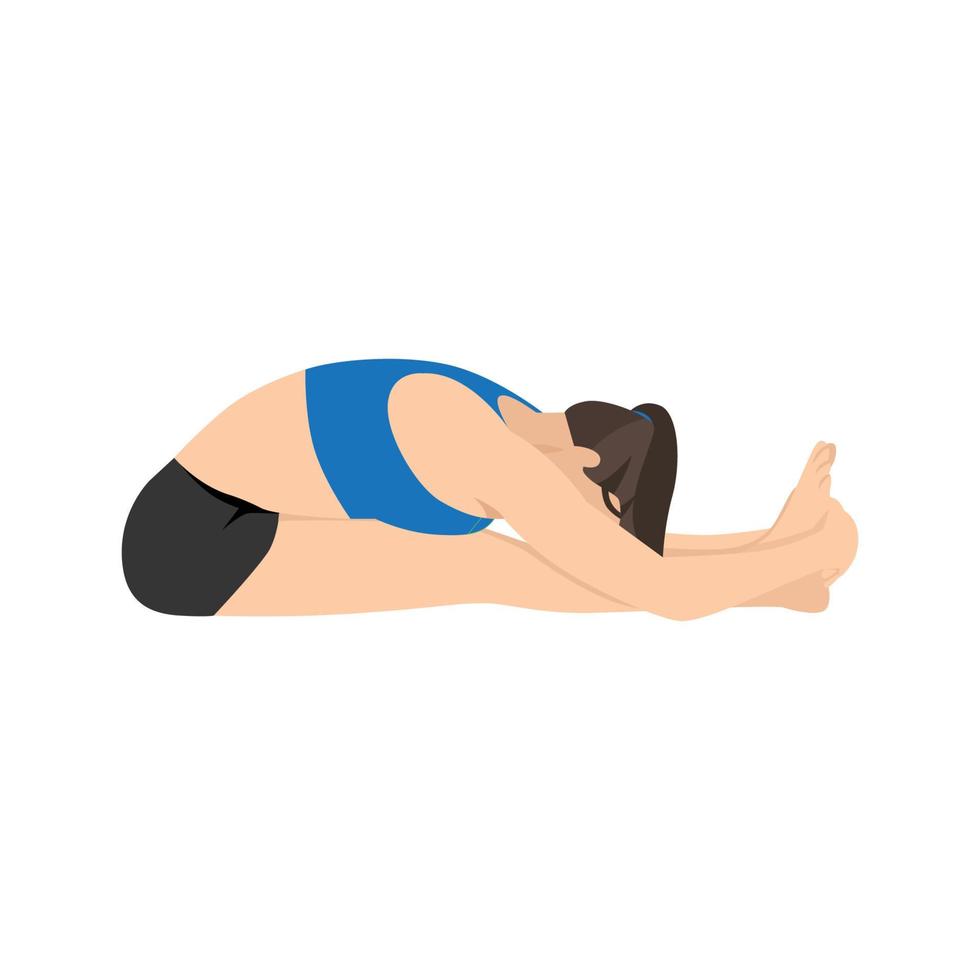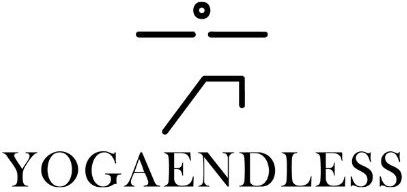Postnatal yoga is more than just a workout routine. It is a pathway to healing, emotional stability, and physical recovery after the beautiful yet demanding journey of childbirth. For centuries, yoga has been used as a holistic tool to restore balance in the body and mind. Postnatal yoga specifically helps new mothers rebuild strength, improve posture, and reconnect with themselves while fostering deeper bonding with their baby.
Why Postnatal Yoga Matters
After pregnancy, a mother’s body undergoes several physiological and emotional changes. Hormonal fluctuations, sleepless nights, and physical strain can leave mothers exhausted. Postnatal yoga gently addresses these issues by:
- Strengthening the pelvic floor and abdominal muscles
- Improving posture and spinal alignment
- Reducing stress and anxiety through mindful breathing
- Increasing energy and boosting metabolism
- Promoting emotional well-being and confidence
Safe Timeline to Start Postnatal Yoga
Doctors usually recommend beginning postnatal yoga 6 weeks after normal delivery and around 8–10 weeks after a C-section, provided there are no complications. Always consult with a healthcare provider before starting.
Top Postnatal Yoga Poses with Benefits
1. Cat-Cow Stretch

This gentle flow relieves tension in the spine, improves posture, and enhances blood circulation.
2. Bridge Pose

Excellent for strengthening glutes, hamstrings, and rebuilding pelvic floor stability.
3. Child’s Pose

This restorative pose helps release lower back tension and promotes relaxation.
4. Legs-Up-the-Wall
A great pose for reducing leg swelling, improving blood flow, and calming the mind.
5. Seated Forward Bend

This pose increases flexibility while gently massaging abdominal organs.
6. Modified Boat Pose
Helps rebuild abdominal strength and stability, crucial for postnatal recovery.
Breathing Practices for New Moms
Breathing is a powerful tool for emotional balance and recovery. Techniques like Diaphragmatic Breathing, Alternate Nostril Breathing, and Ujjayi Breath calm the nervous system and improve focus.
FAQs on Postnatal Yoga
Is postnatal yoga safe after C-section?
Yes, but only after consulting with your doctor, typically after 8–10 weeks.
Can I practice with my baby?
Yes! Mommy-and-baby yoga classes can strengthen bonding while keeping it fun.
How often should I practice?
Even 20–30 minutes, 3–4 times a week, can bring visible benefits.
Conclusion
Postnatal yoga is not about rushing into fitness. It is about respecting your body, embracing recovery, and building a strong foundation for long-term health. By practicing consistently, mothers can regain strength, restore energy, and nurture both body and mind.
✨ Don’t forget to check out more guided yoga sessions on YogaEndless_Anjali YouTube Channel for expert-led postnatal yoga routines.
